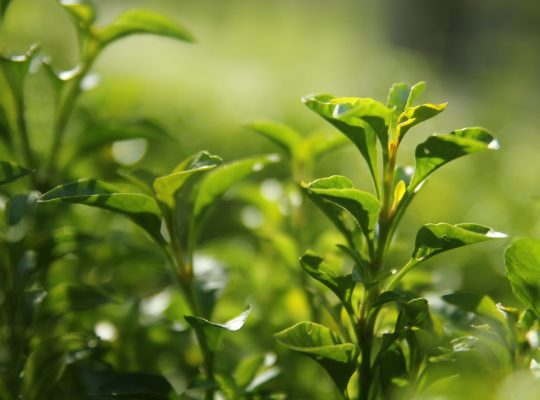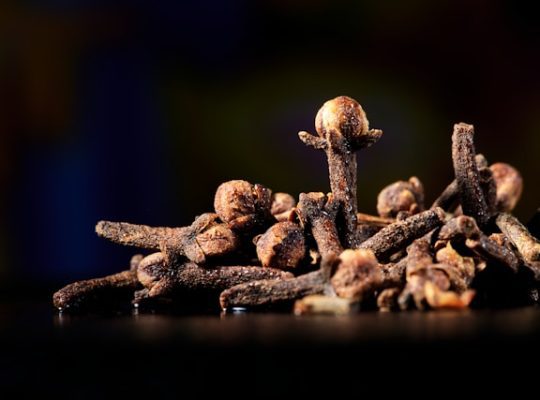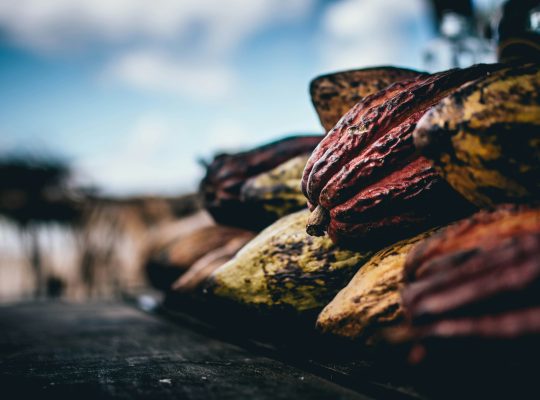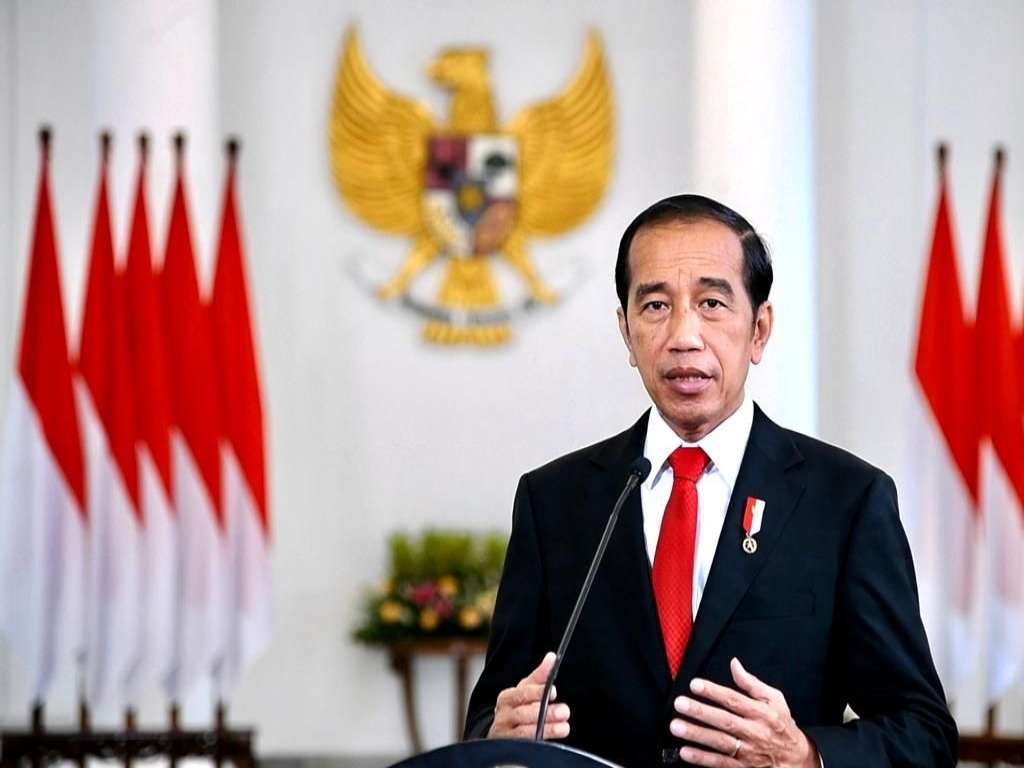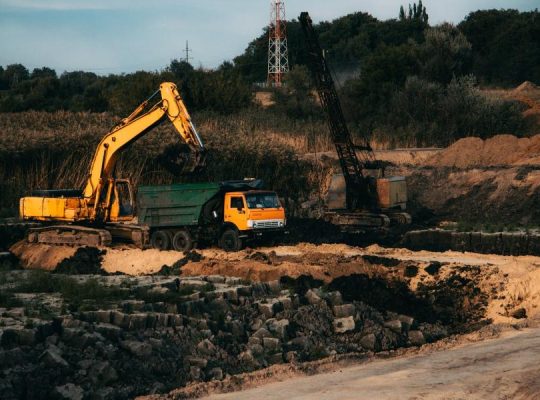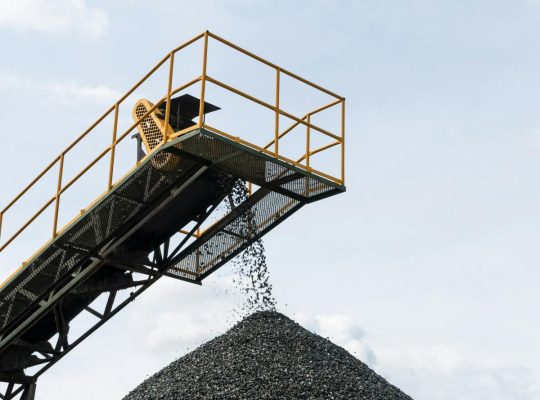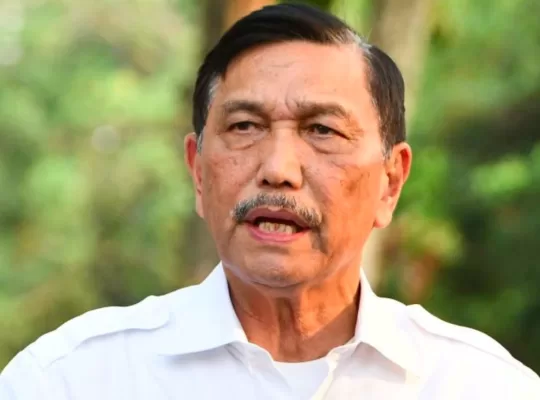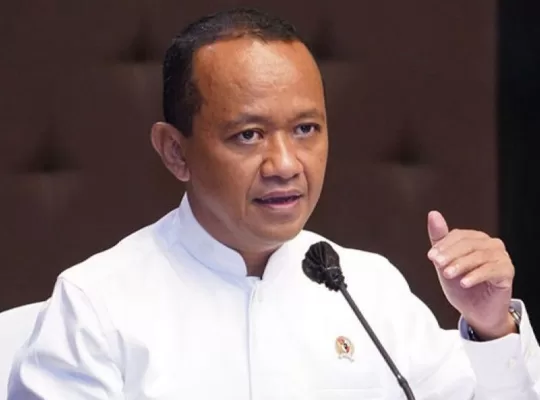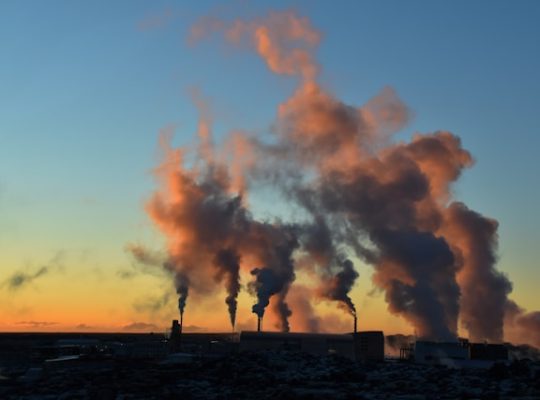In an effort to boost local industries and job creation, Indonesia’s President Joko Widodo, often simply called Jokowi, announced the country’s plan to put a limit on exporting raw commodities. Speaking from the village of Bebatu on Borneo island, the president expressed his desire to see more in-country processing of natural resources to add value before shipping them overseas.
As part of its strategy, Indonesia has already halted the export of several unprocessed ores, including nickel, tin, and copper. These measures aim to encourage the growth of downstream sectors, such as the production of electric vehicle batteries and the aluminum industry.
The Indonesian government is currently evaluating how to apply similar restrictions on other raw materials, with the ultimate goal of moving away from exporting raw materials altogether. “We started with nickel, and next year we might add bauxite to the list, followed by other materials,” stated Jokowi. He made it clear that, under existing rules, bauxite exports are set to cease in 2023.
The decision to restrict exports encompasses all commodities and is driven by the president’s desire to enhance value addition and job creation within the country. Among the considerations is the potential halt of unprocessed palm oil exports, although specific timelines for such a policy were not disclosed.
President Widodo hinted at a future where Indonesia would focus on exporting refined palm oil products such as cosmetics, margarine, and biodiesel instead of the crude version of the oil. This ambition underscores Indonesia’s position as a dominant player in global markets for palm oil, thermal coal, and tin, as well as its importance in rubber and copper exports. In 2020, out of 34 million tonnes of palm oil exported by Indonesia, 21% was in its crude form.
The president’s announcements signal a significant shift in Indonesia’s commodities export strategy, focusing more on job creation and the development of local industries through the increased processing of raw materials domestically.
This rephrased version provides an overview of Indonesia’s strategic move to limit the export of raw commodities, underlining the government’s intent to promote local processing and job creation in alignment with President Jokowi’s announcements.


